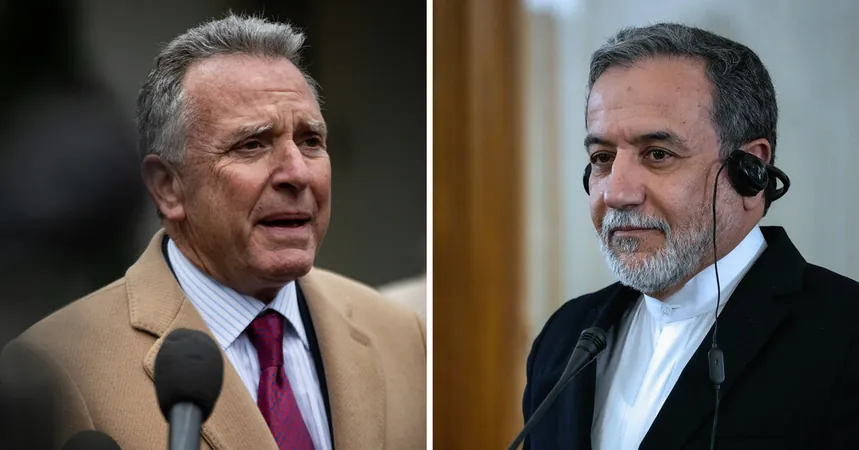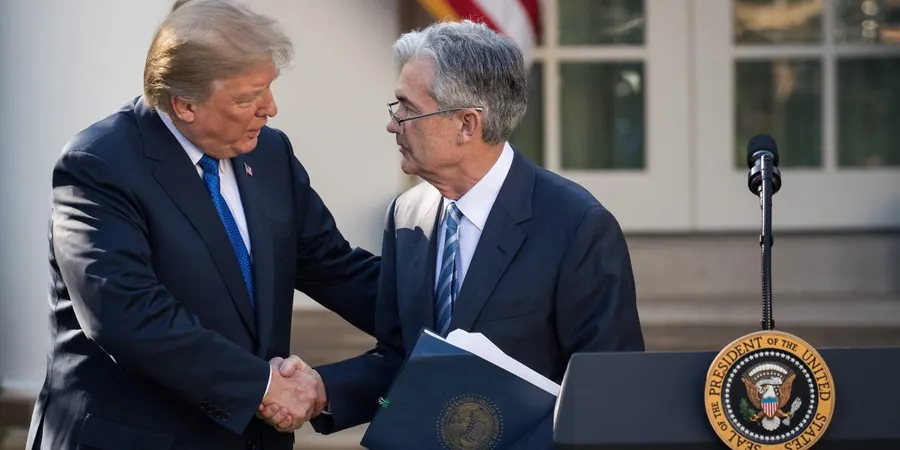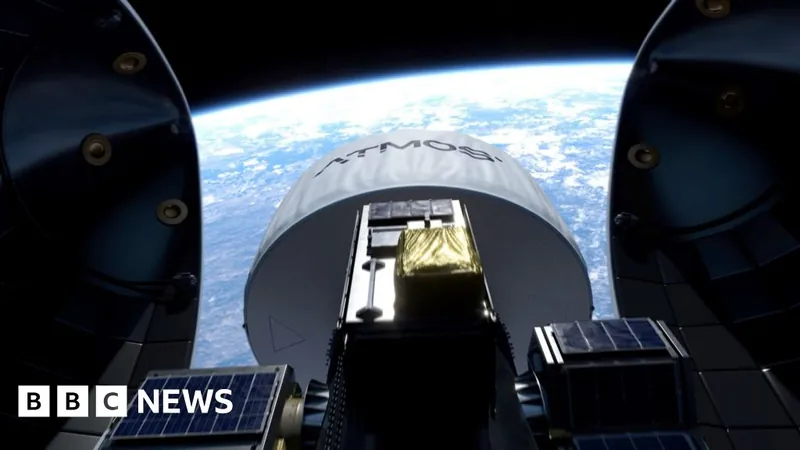
Historic U.S.-Iran Nuclear Talks Ignite Hopes for Peace
2025-04-13
Author: Ming
U.S. and Iran Make Strides in Nuclear Negotiations
In a groundbreaking meeting this past Saturday, the United States and Iran engaged in crucial discussions over Tehran's expanding nuclear ambitions. Both nations are keen to avoid another war in the Middle East, marking a serious commitment to these talks. Following this initial gathering, further discussions are slated for next Saturday, yet the real challenges lie ahead as hard-liners on both sides raise concerns.
An Urgent Quest for Stability
Unlike the 2015 agreement, which was largely motivated by Iran’s desire to escape crippling sanctions, the current discussions are driven by a more pressing urgency. Iran, grappling with attacks from Israel and diminished regional influence, is in dire need of economic relief. Meanwhile, the looming threat from the U.S., particularly under President Trump—who previously abandoned the 2015 deal—adds pressure for Iran to reconsider its nuclear strategies.
A Last Chance for Iran?
Iran's Supreme Leader, Ayatollah Ali Khamenei, has reportedly granted negotiators a final opportunity to exchange nuclear ambitions for national security, strengthening the stakes of these talks.
Streamlined Talks in a New Format
This round of negotiations marks a shift, as they are conducted bilaterally rather than involving multiple countries, making the process potentially more efficient. Although the U.S. is often labeled as 'the Great Satan' by Khamenei, it holds critical power in influencing any comprehensive agreement and restraining Israeli ambitions, making these talks all the more pivotal.
A Strong Start Amid Challenges
Experts have hailed this initial meeting as a strong beginning. Ali Vaez from the International Crisis Group noted, "This is as good a start as it gets." Both sides demonstrated readiness to reconvene and agree on overarching objectives, despite persistent skepticism surrounding the timelines and specifics of any agreement.
Nuclear Weapons: A Non-Negotiable Bottom Line
Indications suggest that the U.S. position revolves around permanently preventing Iran from developing nuclear weapons. This contrasts sharply with earlier demands for dismantling its entire nuclear and missile programs—an approach that Iran firmly rejected as a threat to its security.
Iran's Expectations and America's Role
Iran’s delegation, fueled by the hope of clearing the negotiating logjam, is eager to comprehend the U.S. bottom line. Analysts speculate that while mistrust of Trump's approach remains, Iran believes he could enforce a durable agreement against GOP hard-liners.
Navigating the Road Ahead
Despite a cautiously optimistic outlook, moving forward will be fraught with difficulties. Any prospective deal would inherently be complex and susceptible to sabotage from hard-liners and external pressures, particularly from Israel, which has aggressively opposed Iran's nuclear aspirations.
Mutual Assurances: The Key to a Lasting Agreement
Insiders suggest a preliminary deal might require both parties to take gradual steps—such as Iran agreeing to limit uranium enrichment in exchange for lifted sanctions. However, the timeline may stretch for years to assure stability and prevent future U.S. administrations from reversing commitments.
Urgency and Accountability Required
As looming deadlines approach with the potential reinstatement of previous sanctions, Iran understands it must not appear to be the obstacle in negotiations. For the talks to succeed, both nations need a clear framework that guarantees sustainability and trust—a tall order given the current atmosphere of suspicion.
Conclusion: A Pivotal Moment in U.S.-Iran Relations
While optimism buzzes around these negotiations, the path toward a tangible agreement is still cloaked in complexity. For both nations, the stakes have never been higher, as they seek to navigate a landscape marred by distrust and historical grievances.





 Brasil (PT)
Brasil (PT)
 Canada (EN)
Canada (EN)
 Chile (ES)
Chile (ES)
 Česko (CS)
Česko (CS)
 대한민국 (KO)
대한민국 (KO)
 España (ES)
España (ES)
 France (FR)
France (FR)
 Hong Kong (EN)
Hong Kong (EN)
 Italia (IT)
Italia (IT)
 日本 (JA)
日本 (JA)
 Magyarország (HU)
Magyarország (HU)
 Norge (NO)
Norge (NO)
 Polska (PL)
Polska (PL)
 Schweiz (DE)
Schweiz (DE)
 Singapore (EN)
Singapore (EN)
 Sverige (SV)
Sverige (SV)
 Suomi (FI)
Suomi (FI)
 Türkiye (TR)
Türkiye (TR)
 الإمارات العربية المتحدة (AR)
الإمارات العربية المتحدة (AR)